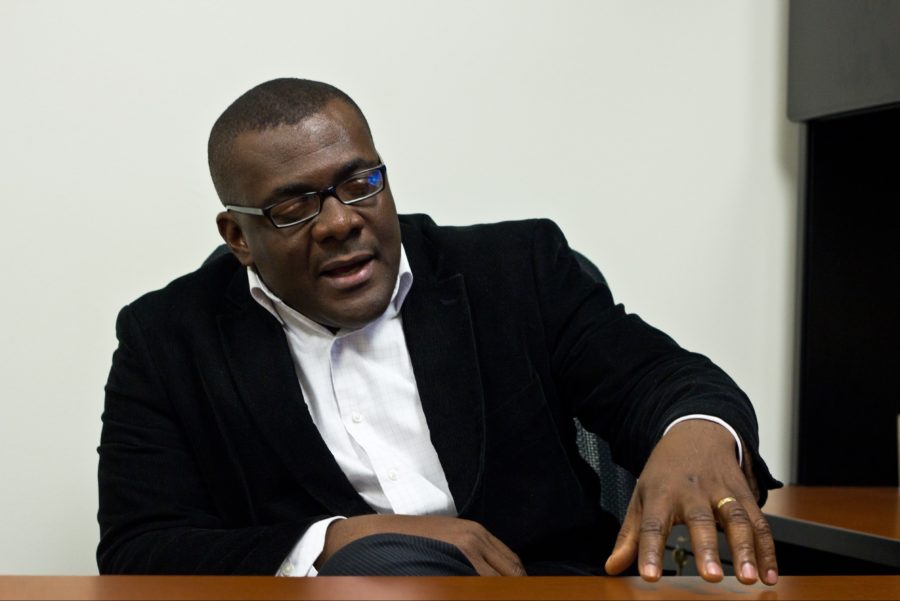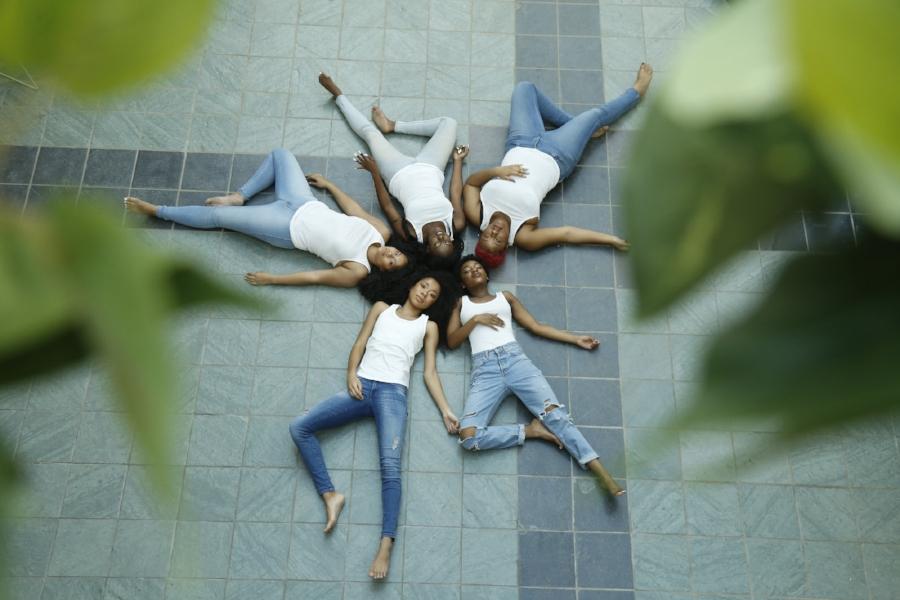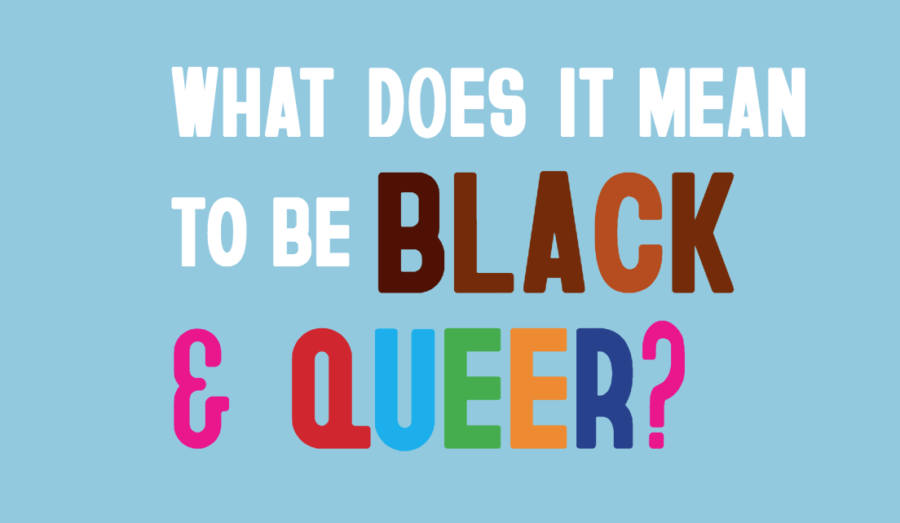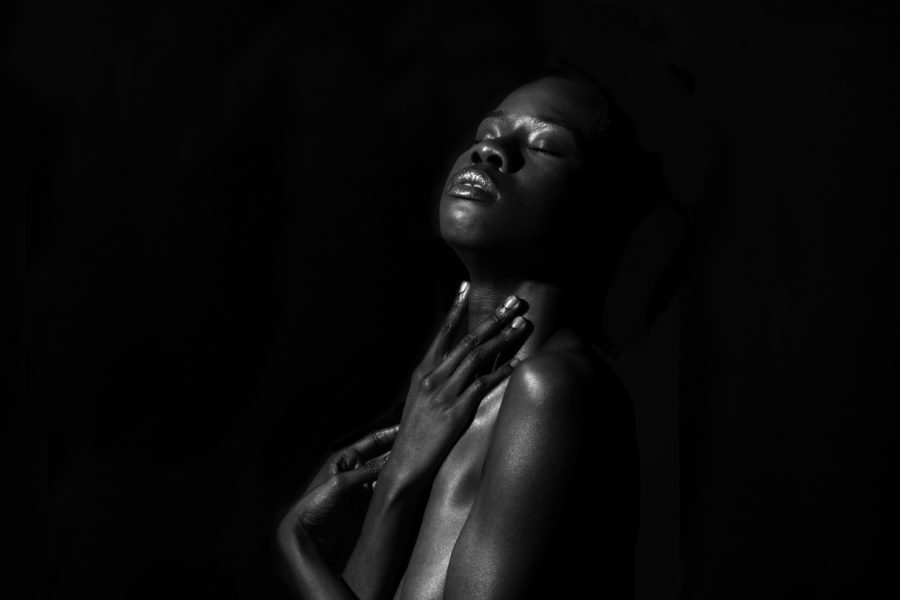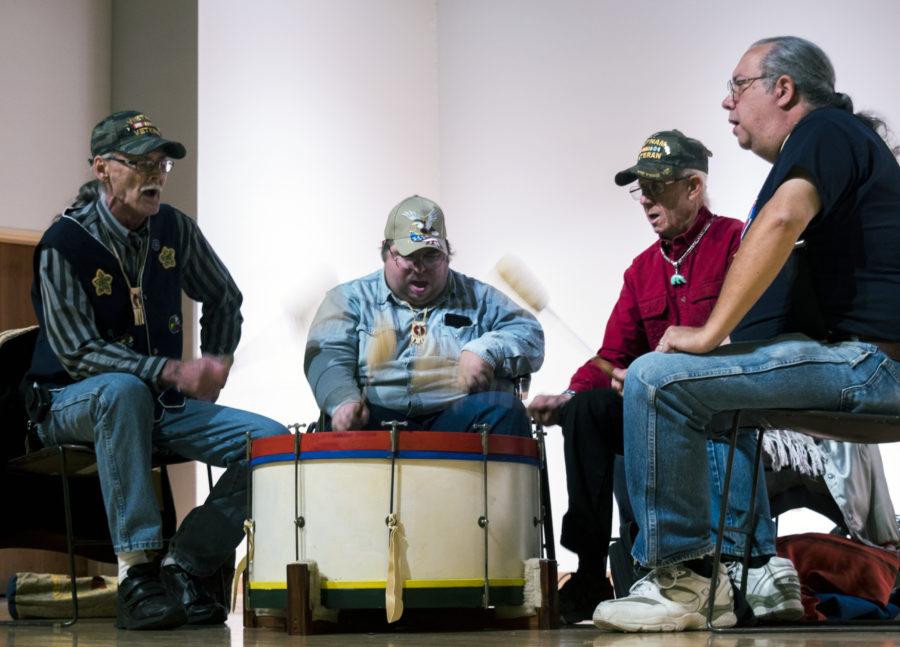The 20th anniversary of the Million Man march was on the 10th of October. Years ago, the civil rights movement was established and it has paved a way for all of us to have the lifestyles we currently enjoy free of segregation and oppression. When I heard about the march on Washington that day, I thought about everyone that has ever come before me. I thought about my mother, grandmother and great grandmother. I thought about the things they went through in order for me to go to school in Kent, Ohio and follow my dreams of being a journalist. The previous generations didn’t have a lot of opportunities and they all worked hard so that the next generation could have what they lacked. Although the generation sacrificed a lot for blossoming souls to come, there’s been a disconnect and somewhere along the line we haven’t quite picked up where they left off in the fight for equality and social justice.
Professor Abiwu, a pan-african professor from Ghana, has studied social and economic issues in the African community. Professor Abiwu gave me a lot of insight of how he, as a part of the older generation, sees the world.
“The African American experience is a struggle: it can’t only be defined as struggles, there has been great progress. We honor those great past heroes, from the civil rights. We know that slavery has had a large affect on us and has now been transformed into institutionalized racism.”
During the Civil Rights Movement African Americans were lynched and intimidated by groups such as the Klu Klux Klan. The big thing that has changed now is the fact that news has become immediate. Anyone can report news, they just need a social media account. Savannah Hunter, a freshman Fashion Design major agreed to a certain extent. Her views about today’s crimes and injustices are simple.
“Back then, people who committed hate crimes usually didn’t get brought to justice,” Hunter said. “Since our laws have changed, and we now have social media we can catch things and magnify them as opposed to sweeping it all under the rug.”
Like the generation that witnessed the LA race riots, today’s generation is growing impatient with the government’s refusal to act on social and criminal injustices. The riots in Baltimore for example, although the actions of burning buildings were terrible, these actions stem from anger about the neglect of basic human rights such as equal protection under the law. So instead of rioting, and putting ourselves in potential danger, I asked Professor Abiwu how today’s youth should go about fighting for their rights.
[yop_poll id=”1″]
[yop_poll id=”2″]
[yop_poll id=”3″]
“Know whether or not your right is being respected. Create a social movement. Have discussions. Use intellectual capacity to debate and challenge. Be organized and use social media as a platform to channel your grievances.”
This is important because in times like these where things can escalate quickly, we must be able to voice our opinion while staying safe. Savannah thought otherwise.
“We try to be peaceful but that doesn’t always work and it doesn’t get as much attention. However, when we go all ‘ Black Panther’ on everyone, we get negative attention in the media and all of a sudden we’re ‘terrorists’ and ‘savages’.
Since we’ve elected an African American president, people think that the era of racism has ended. The reason being is because nothing like this has happened in the previous generations so it seems like everything has changed for the better. Professor Abiwu expands on his thoughts of race relations.
“There has been improvement within the black and white community, however race is an elephant in the room. In America, the division is about race. In Ghana, it’s not about race, it’s about ethnicity, one against the other. We need to embrace that race relations as a problem. We have to think about the way we see other people that don’t look like us. Avoiding conversation with other races creates imaginary issues. If we talk and converse with one another, it breaks down barriers. We have to be intentional about having better race relations.”
Now that I’ve seen the two outlooks on the issue of civil right, I’ve realized that the views of Professor Abiwu and Savannah Hunter are somewhat the same. When I think about how our society is going today it worries me. I see kids my age getting hot headed over Mike Brown and other social injustice cases, but they don’t take the time to act. There are so many different ways to go about change in society and in order to insight change, I feel as though we as a people must begin to rise up and be one. In order to combat all the controversy going on with our race now, we need to start voting, and becoming involved in activism by forming organizations and protesting.

